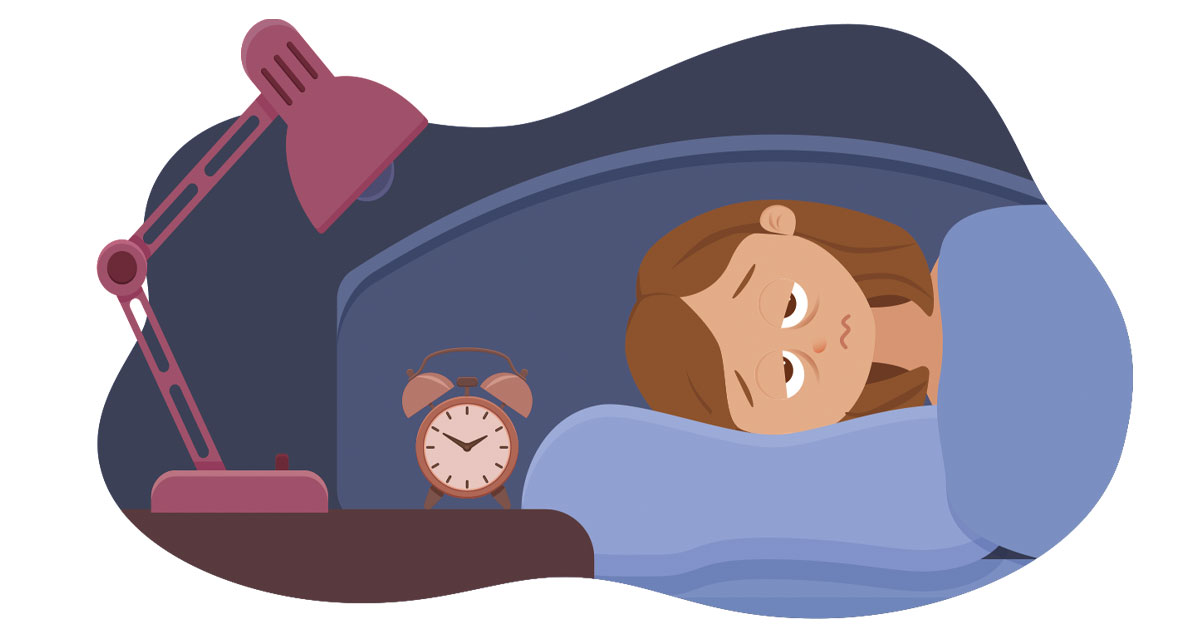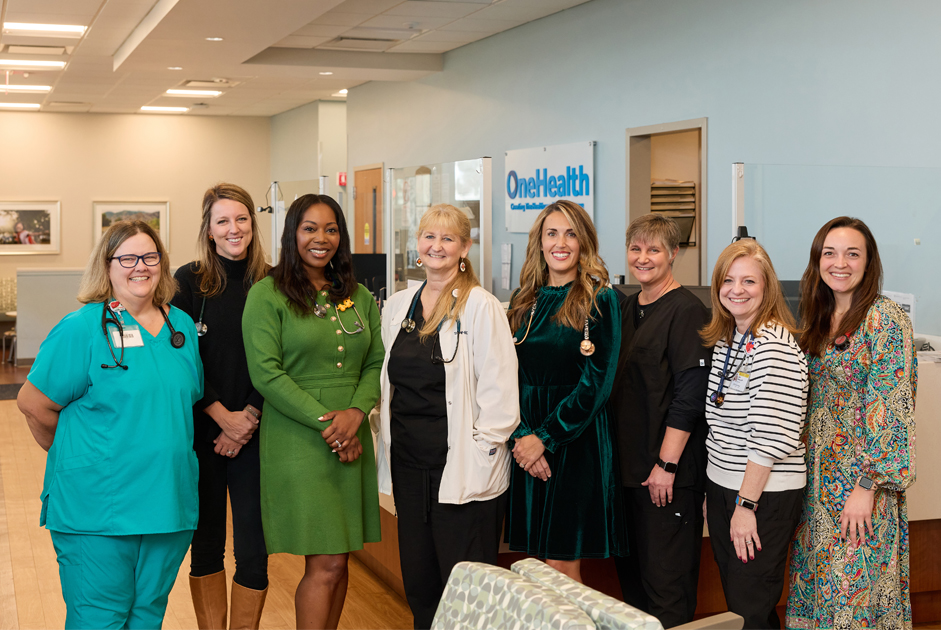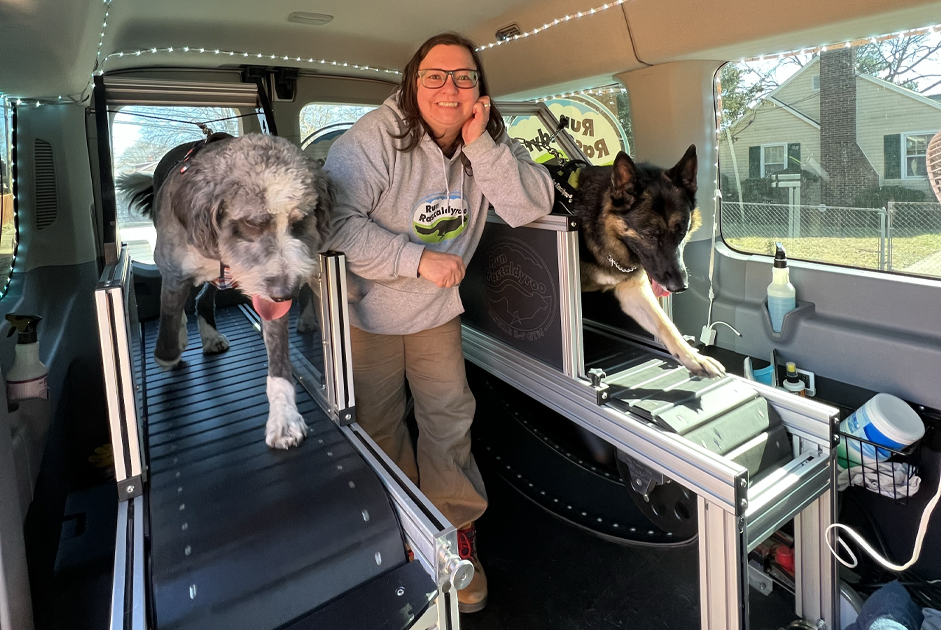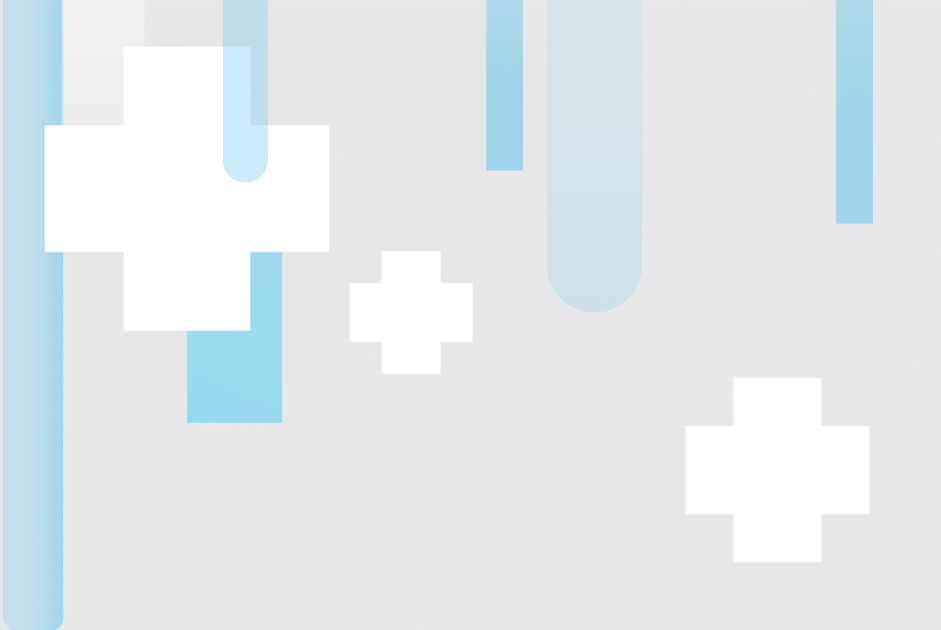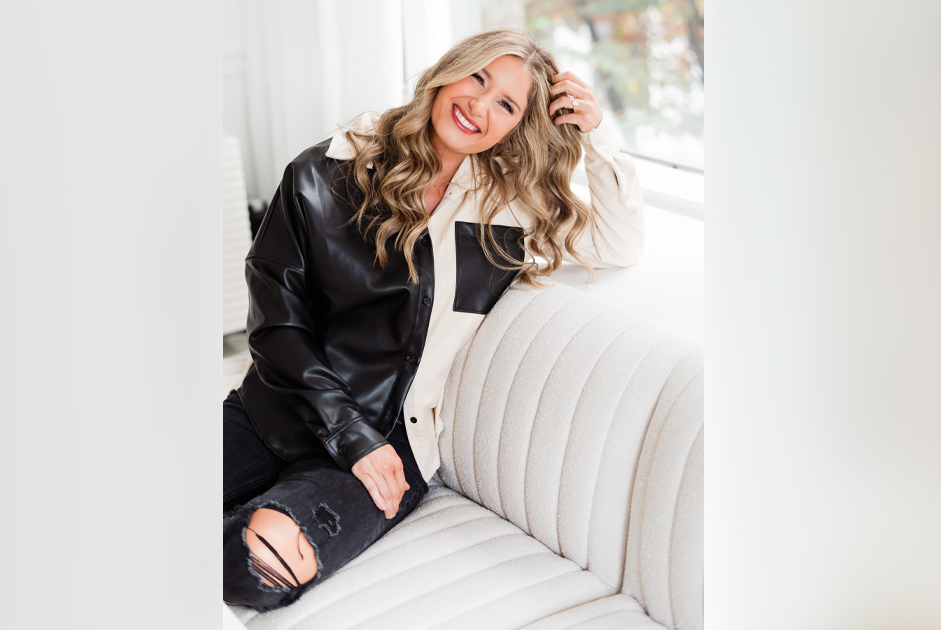BY JAMIE LOBER
If you have insomnia, you are not alone. The American Sleep Association said it’s one of the most common sleep disorders, characterized by difficulty falling asleep or staying asleep. Someone can be affected for nights, weeks, months, or even years. Everyone is different. There is primary insomnia, where you cannot assign a cause, and secondary, where the problem is related to a medical, environmental, or psychiatric issue. The Centers for Disease Control and Prevention found that one in three working U.S. adults has insomnia. It becomes even a greater issue because only some people with insomnia are actually undergoing treatment, while the rest may accept it as normal, or not even realize that there is a sleep disorder called insomnia, and they are struggling.
It is important to know that insomnia is not the same as sleep deprivation. The American Academy of Sleep Medicine has listed some hallmark signs, like:
- Having a hard time initiating sleep.
- Struggling to maintain sleep and waking up frequently during the night.
- Waking up early and being unable to go back to sleep.
- Having nonrestorative or poor quality sleep.
There are many reasons you may have difficulty falling asleep. The American Sleep Association mentioned some possibilities, such as:
- Stress;
- Anxiety;
- Depression;
- COPD;
- Restless legs syndrome;
- ACE inhibitors;
- Beta blockers;
- SSRI antidepressants;
- Medications for blood pressure;
- Medication for allergies;
- Traveling across time zones;
- Working overnight;
- When the bedroom is not cool, dark and quiet.
The hardest part about having insomnia is the rough toll it takes on carrying out the day. People with insomnia find themselves to be moody, irritable, angry, to have a lack of motivation or energy, have an upset stomach or headaches and have a hard time concentrating. They can also be sleepy during the day. The main difference between insomnia and sleep deprivation is that the person with insomnia often can still perform all right during the day, whereas the sleep-deprived person will have difficulty functioning. The American Psychiatric Association has research that shows insomnia costing employers more than 90 billion dollars annually in reduced productivity, and workplace accidents and errors. Not getting enough sleep is a true public health issue that has consequences.
Having good sleep hygiene can make a difference when it comes to having a restful night. The Anxiety and Depression Association of America has offered some tips, for example:
- Meditating;
- Exercising;
- Doing yoga;
- Prioritizing your to-do list and delegating tasks if you can;
- Playing calming music;
- Trying to get enough sleep;
- Volunteering in the community;
- Doing activities to distract yourself from daily stressors;
- Talking to people, including about how they can help you;
- Waking up and going to bed at the same time daily;
- Establishing a bedtime routine;
- Never using electronics before bed;
- Keeping the bedroom cool, dark and quiet;
- Getting a comfortable mattress and pillows;
- Turning the clock away from you.
While there are many medical treatments and alternative medicine treatments for insomnia, there are also many non-medical options. The National Sleep Foundation suggested considering cognitive behavioral options, like:
- Breathing exercises;
- Mindfulness;
- Meditation;
- Guided imagery;
- Tensing and then relaxing muscles;
- Limiting time in bed to only when you are sleeping;
- Cognitive-behavioral therapy.
It is important to stay away from sleep aids, because they contain antihistamines. While you may believe they help you get a better night’s sleep, they also cause daytime sleepiness. For those with severe cases, doctors can prescribe sleeping pills or try some unapproved prescription drugs like antidepressants or antipsychotics. There are always new developments. As recent as December of last year, the Food and Drug Administration approved a new drug for insomnia called “Dayvigo.” It is classified as a controlled substance, which means it has potential for someone to abuse it or become dependent on it. Another study revealed that sugar and white bread are tied to insomnia in older women. You want to try everything else first, as most medications do come along with some risk. When you try to err on the side of prevention and take action if you recognize symptoms, insomnia can be a manageable, and even curable, sleep condition.

